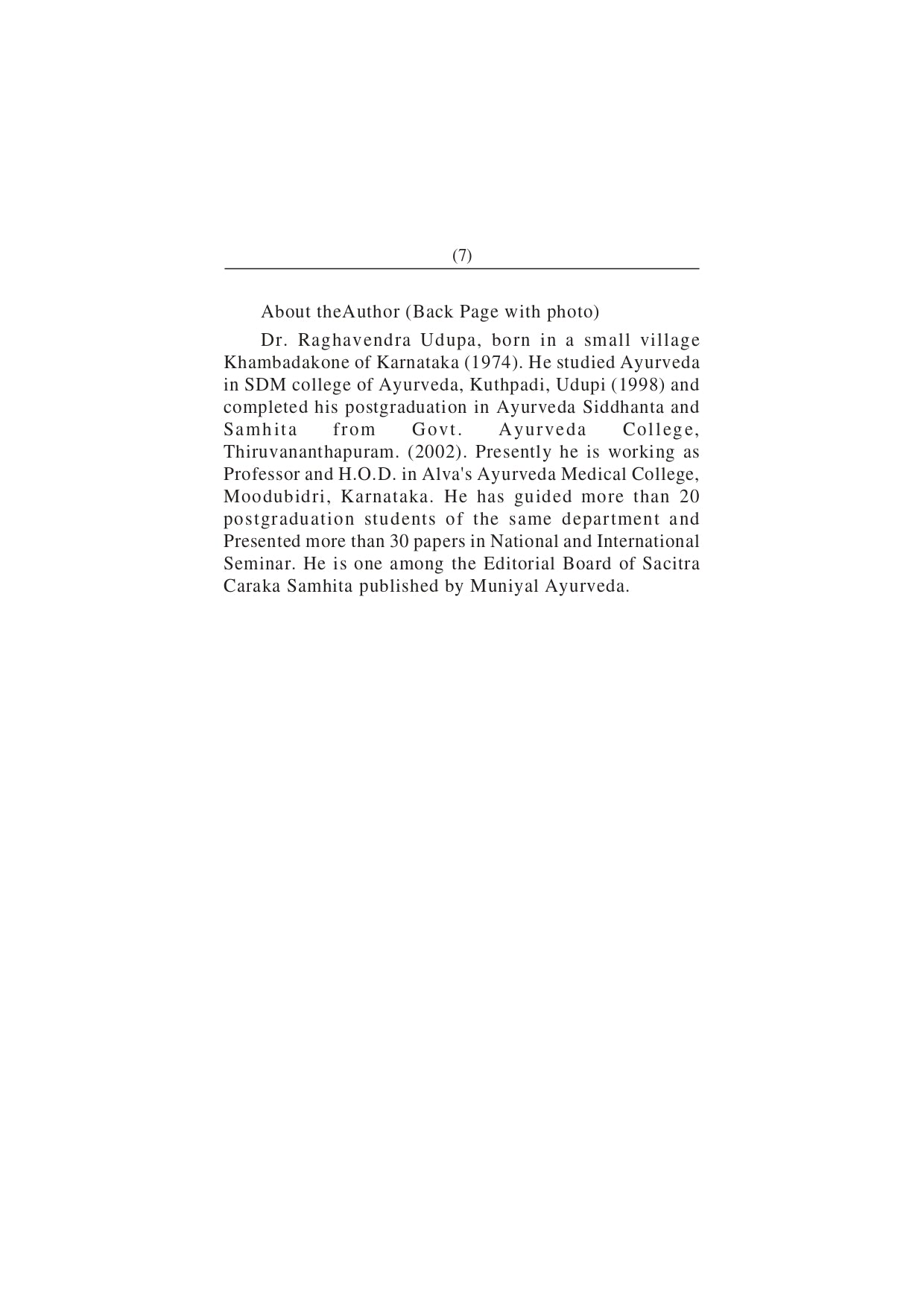Chaukhambha Orientalia Management of Obesity in Ayurveda
Chaukhambha Orientalia Management of Obesity in Ayurveda
Couldn't load pickup availability
Share
Management of obesity in Ayurveda involves a holistic approach that focuses on balancing the body and mind to achieve optimal health and well-being. Ayurveda considers obesity as a result of an imbalance in the body's doshas (energies) and aims to restore this balance through various therapies, lifestyle modifications, and dietary changes.
1. **Identification of Dosha Imbalance**: Ayurveda identifies three doshas - Vata, Pitta, and Kapha. In the case of obesity, an imbalance in the Kapha dosha is usually predominant. An Ayurvedic practitioner will assess your dosha imbalance through pulse diagnosis, physical examination, and medical history.
2. **Dietary Recommendations**: Ayurveda emphasizes the importance of a balanced diet tailored to your dosha type. For managing obesity, the diet should focus on reducing Kapha-aggravating foods such as heavy, oily, and sweet foods. Instead, include light, warm, and dry foods in your diet. Herbal teas, spices like ginger and turmeric, and plenty of fresh fruits and vegetables are recommended.
3. **Herbal Remedies**: Ayurvedic herbs like Triphala, Guggul, and Garcinia cambogia are commonly used to aid weight loss and improve metabolism. These herbs help in reducing fat accumulation, improving digestion, and detoxifying the body.
4. **Lifestyle Modifications**: Regular exercise is essential for managing obesity in Ayurveda. Practices like yoga, walking, and pranayama (breathing exercises) help in improving metabolism, reducing stress, and promoting overall well-being. Adequate sleep and stress management techniques are also crucial in managing obesity.
5. **Detoxification Therapies**: Ayurvedic therapies like Panchakarma, which includes procedures like Virechana (therapeutic purgation) and Basti (medicated enema), are used to detoxify the body and eliminate excess Kapha and toxins that contribute to obesity.
6. **Consultation with an Ayurvedic Practitioner**: It is important to consult with a qualified Ayurvedic practitioner for a personalized treatment plan based on your individual constitution and health condition. The practitioner will assess your dosha imbalance, recommend suitable dietary and lifestyle modifications, and prescribe herbal remedies and therapies to manage obesity effectively.
Remember that Ayurvedic treatments for obesity may take time to show results, as the focus is on addressing the root cause of the imbalance rather than just the symptoms. Consistency in following the prescribed diet, lifestyle changes, and treatments is key to achieving sustainable weight loss and overall well-being.










